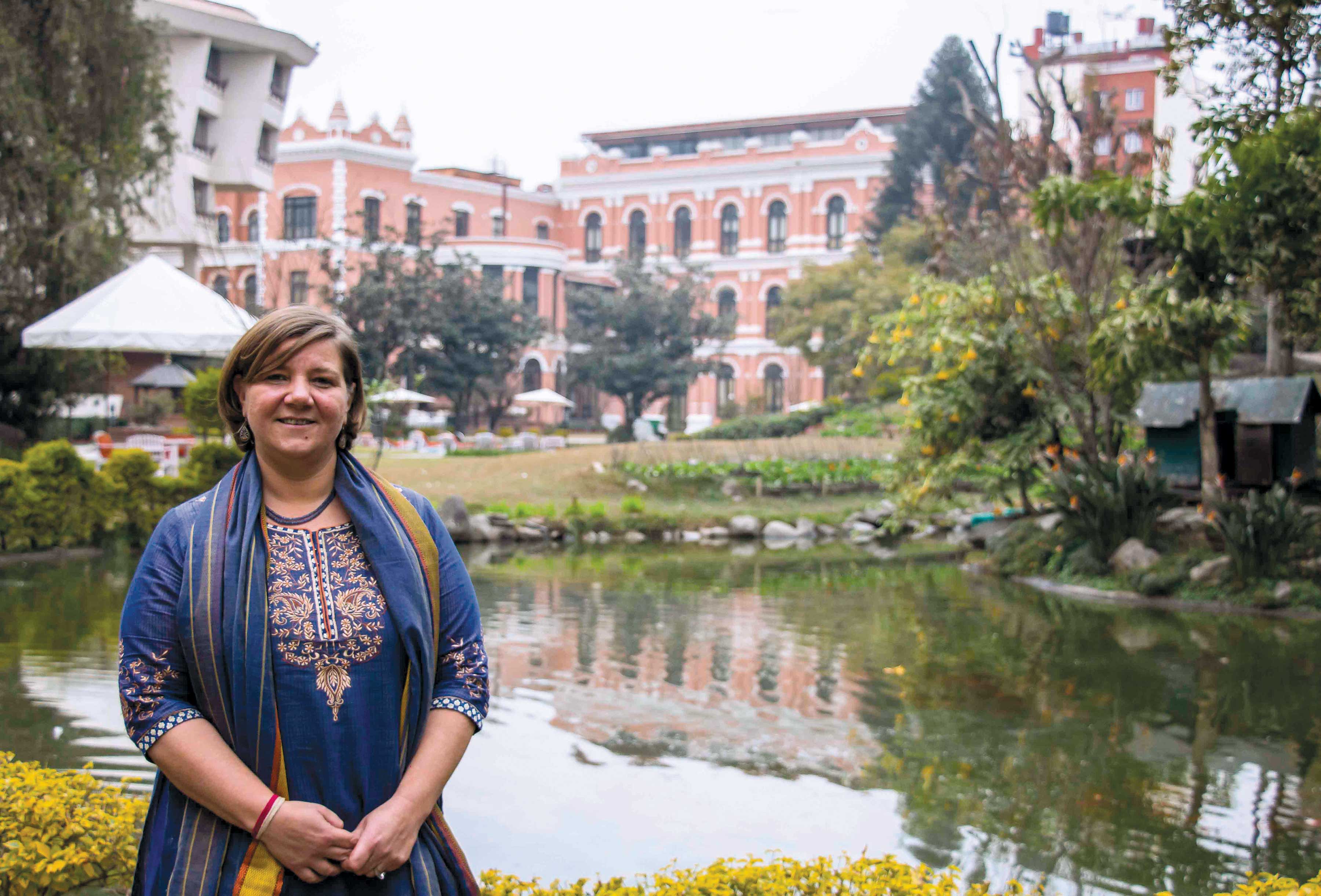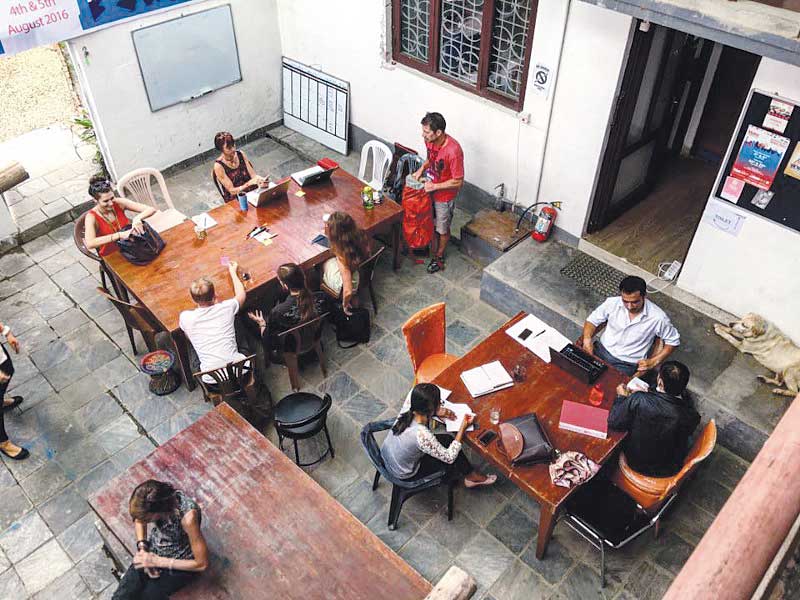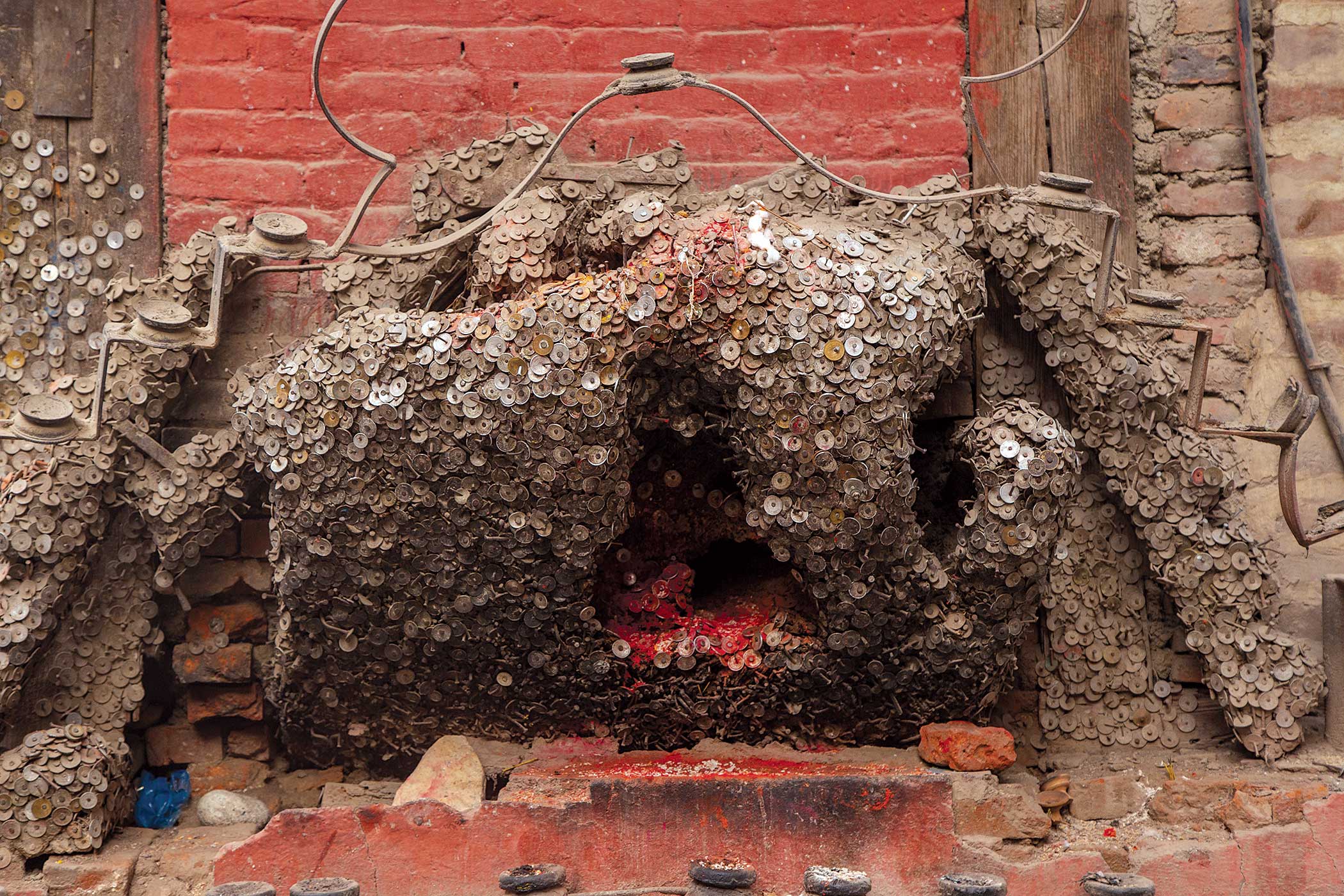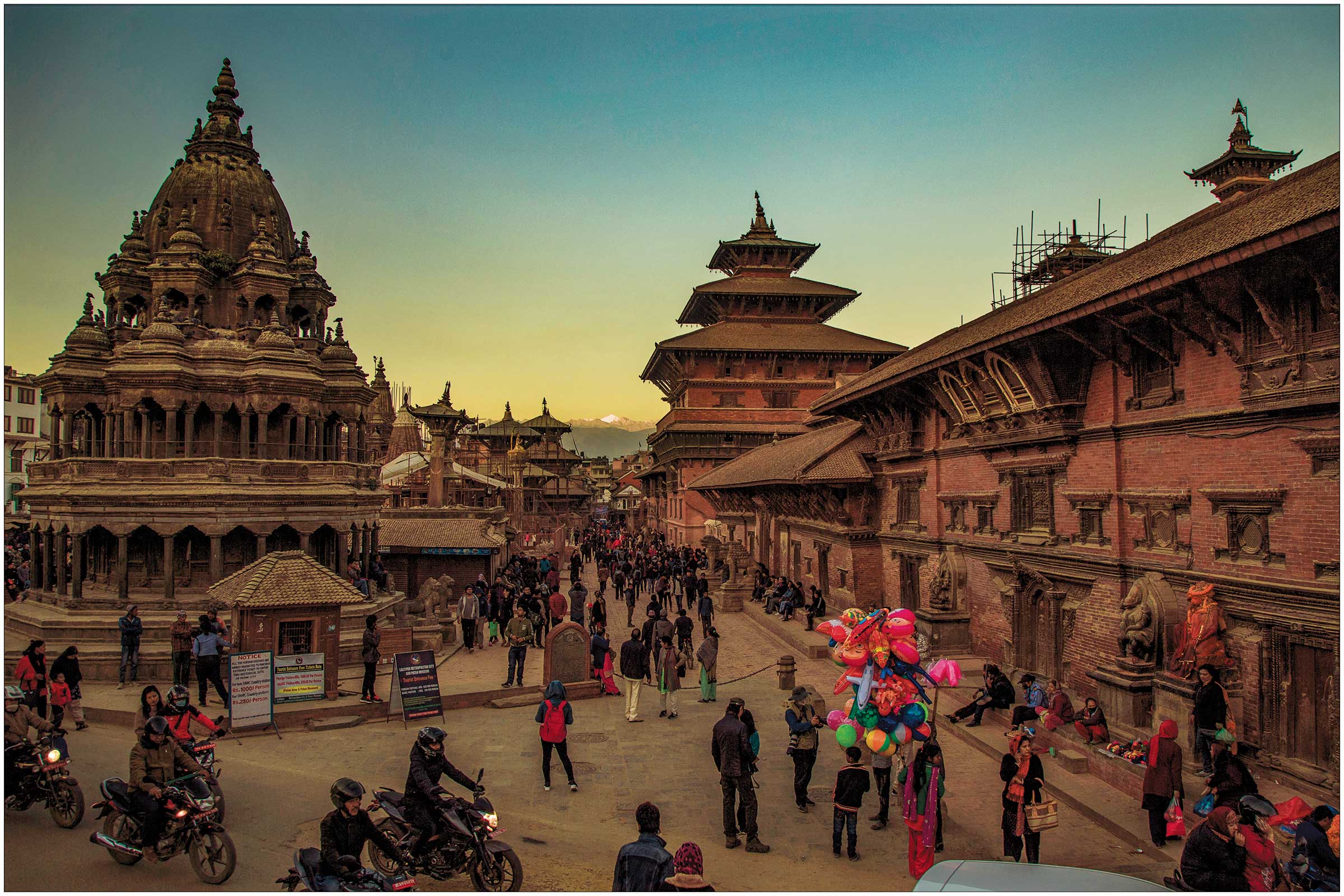The spiritual order to which Buddhists belong is called the sangha or ‘community’. A Buddhist takes refuge in the Buddha — the enlightened one, the dharma (knowledge and conduct as per the teachings of the Buddha), and the sangha. These are often referred to as the great refuges and are often written about in texts as the three jewels or gifts of Buddhism. At the time of the Buddha, the sangha consisted of everyone who followed the Buddha and lived according to the values articulated in his teachings — the dharma. The idea of taking refuge is very deep and is a promise to be a faithful follower. Further, refuge also ensures certain benefits and in return the member also receives protection.
Many wonder how the sangha and its various forms have survived to this day. In the ancient times these communities were very inclusive and the sangha was open to all persons and all castes. The Buddha taught that respect should be earned by moral deeds and spiritual attainment and not by birth. The shaving of the head when one is initiated into the sangha is done as a sign of rejection of all caste status.
Today in Nepal, we have a sangha for just about any profession, cause, campaign, issue or challenge. For example, taxi drivers have their own sangha. Unfortunately, this sangha neither regulates the meter to project a collective image of honest service nor does it protect its members against crime, vandalism or police domination. They need a special permit even to drive out of town and go up to Dhulikhel, for example. What is pathetic is that the taxi drivers’ sangha has done nothing to ensure a regular supply and good quality petrol for its members. Sadly when it serves the needs of the political masters or the sangha leaders, taxis are told to stay off the streets in a ‘chakka jam’ or ‘locked wheels days’.
The Vinaya Pitaka documents the teachings of the Buddha related to personal morality and rules of governing the sangha. The texts describe how a member of the sangha is to be taken into a monastery at the age of eight and a mentor is provided as a guide to help in learning. At the age of 20, a man or woman can become a monk or nun and have to live by the ‘code of discipline’. The rules are also clear about the conditions for expulsion from the sangha. These include sexual misconduct, theft, murder, false claims about one’s attainment, etc. There are rules about how sangha members need to cultivate a graceful and dignified presence even in the way one walks, beg alms, dresses, eats, etc. There is also a set of rules about how to resolve disputes.
The sanghas of today are mostly partisan bodies created to extend the influence of political parties into the various professions, age groups, ethnic and language based associations, etc. Elections and choosing leadership is done by political masters and these are the people who we see on the streets at the call of these leaders. The taxi drivers of Kathmandu for example, receive no training, there is no standard or quality of service they are required to meet. There is no opportunity for personal development, problem solving and dispute resolution is today mostly done by means of militant and violent methods.
In 268 BC, Ashoka became emperor of the Mauryan Empire. He helped spread the teachings of the Buddha and the formation of the sangha all the way south to Sri Lanka and east to Burma. Historians tell us that southern Burma has had a thriving Buddhist population since then, and in the 11th century a Burmese king from the north by the name of Anawratha unified the country and Buddhism was established as the main religion of all of Burma. Today, the Burmese (Myanmar) sanghas have launched the ‘saffron revolution’ against the military rulers.
Today in Nepal, each of the politically inclined sanghas seem a powerful force when it comes to opposing, protesting and making their voices heard against things they do not like. The sad thing is that they seem invisible when positive actions are needed. They always come out with press releases condemning something but we hardly see any plan how to improve the lives of their members and the collective good. Taxi drivers of Kathmandu want fuel, places to park and public toilets that they can access. Student unions (sanghas) are often criticized each day for just serving as cannon fodder for the main political parties with ‘old’ leadership, whereas they should be taking the lead for Nepal.
Next time you hear Buddhists chanting, listen a bit carefully and you will hear the following:
Buddham saranam gachyami
(I take refuge in the Buddha)
Dharmam saranam gachyami
(I take refuge in the Dharma)
Sangham saranam gachyami
(I take refuge in the sangha)
Anil Chitrakar is a founding member of Kathmandu 2020 and has launched Crafted in Kathmandu to help local artisans.
For comments e-mail: rosha@craftedinkathmandu.com










